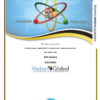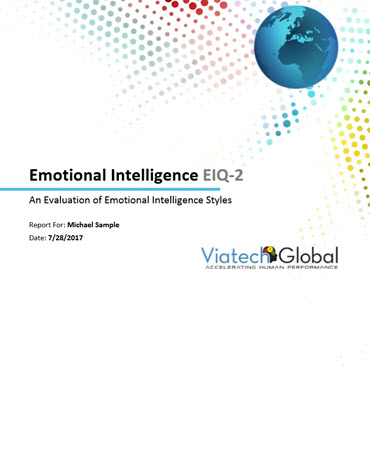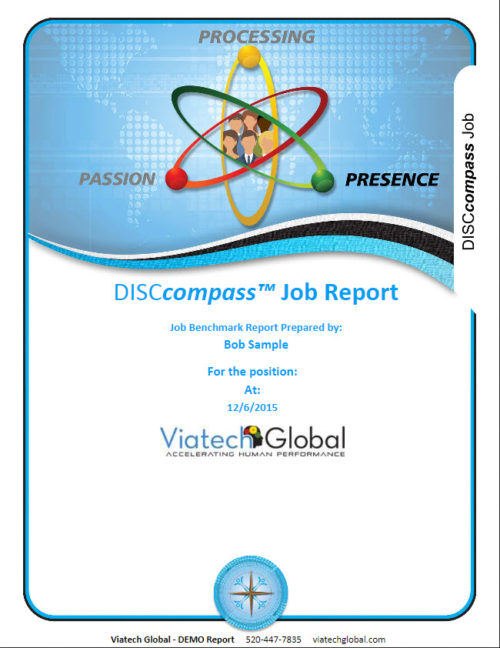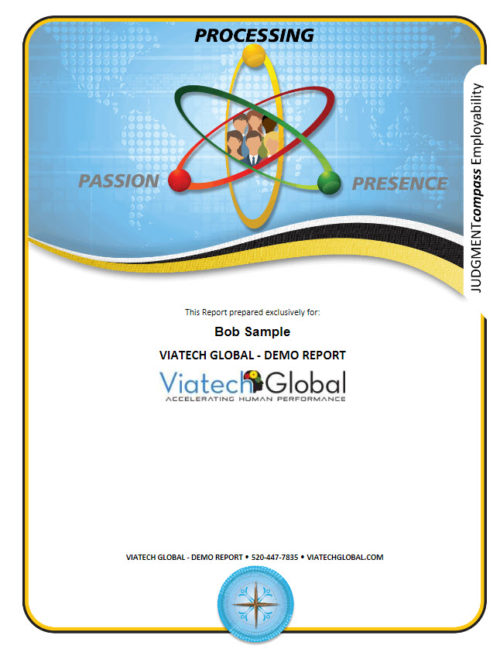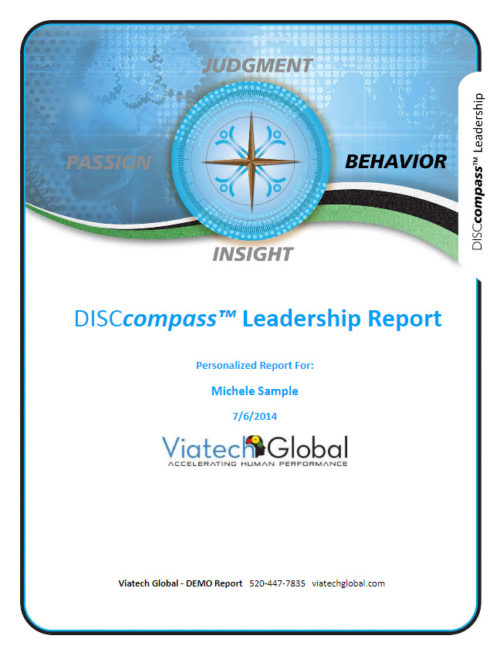Even though assessments play a role in the selection process, it seems the main deciding factor is still the interview. Too often people get jobs because they ‘interview well’, or they had a great resume, but in reality they often do not have the personal intelligence to do the job well.
The problem with this is – BIAS.
It is an irrefutable fact that people have biases and blind spots in their processing and judgment ability. The work in neuroscience has confirmed that there are over 75+ biases in how we process information. Research has also demonstrated that eyewitnesses can be wrong over 75% of the time and the 95% of the time we are merely responding to our environment and not thinking about how we will respond; we just ‘do it’.
In the selection process bias becomes critical in a couple of places.
First is screening résumés, as there is too much information and it is often presented in many different ways making it very difficult to get a fair comparison.
Second is in the interviewing process. Even if we just disregard the ‘speed dating’ effect of too many interviews, and too little time, most decision makers are not adequately trained in the fine art of interviewing and regress more towards a conversation cloaked around the concept of an interview and how well we like them. Without a defined interview structure, and the determination to stick with it, personal biases will naturally kick in and often the decisions that are made are no better than a flip of a coin.
Third area in the selection process where bias makes a difference is with the applicant themselves and their desire to present themselves in the best light, like a first date.
The Key is Judgment
It doesn’t take research to know that people who have better judgment make better decisions or that they have better social and personal intelligence. Our judgment ability effects everything we do and is fundamental to our decision making, relationships, and personal well-being. The only way to improve judgment is by becoming aware of how good or bad our judgment might be, or where we might have potential biases or blind spots. As we become aware of our judgment we can then make a conscious decision to change it and improve our performance in many areas.
JUDGMENTcompass Coaching Assessment: Once a candidate joins your team the arguably most important component of this series is the Coaching Report that identifies areas of strength, areas for growth, and areas where potential blocks in judgment can lead to performance issues. This provides incredibly important information for the manager, team members, and the L&D departments as they chart a development course to keep a top hire engaged.


